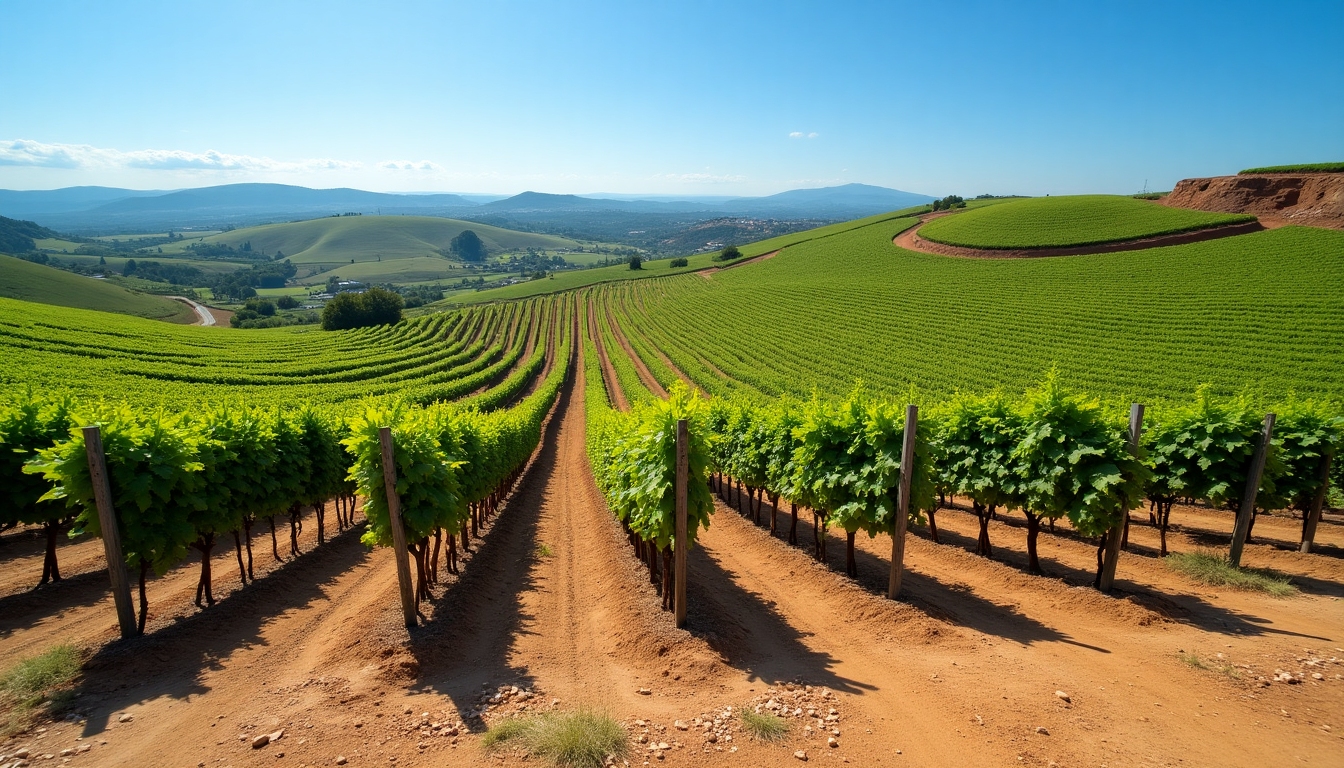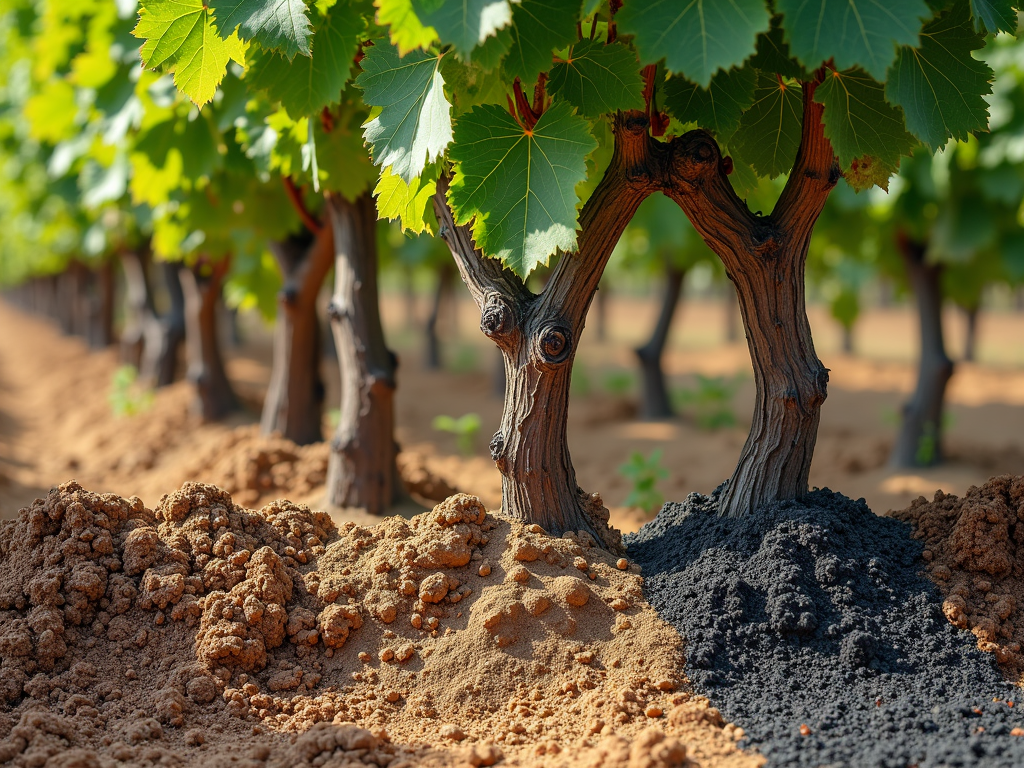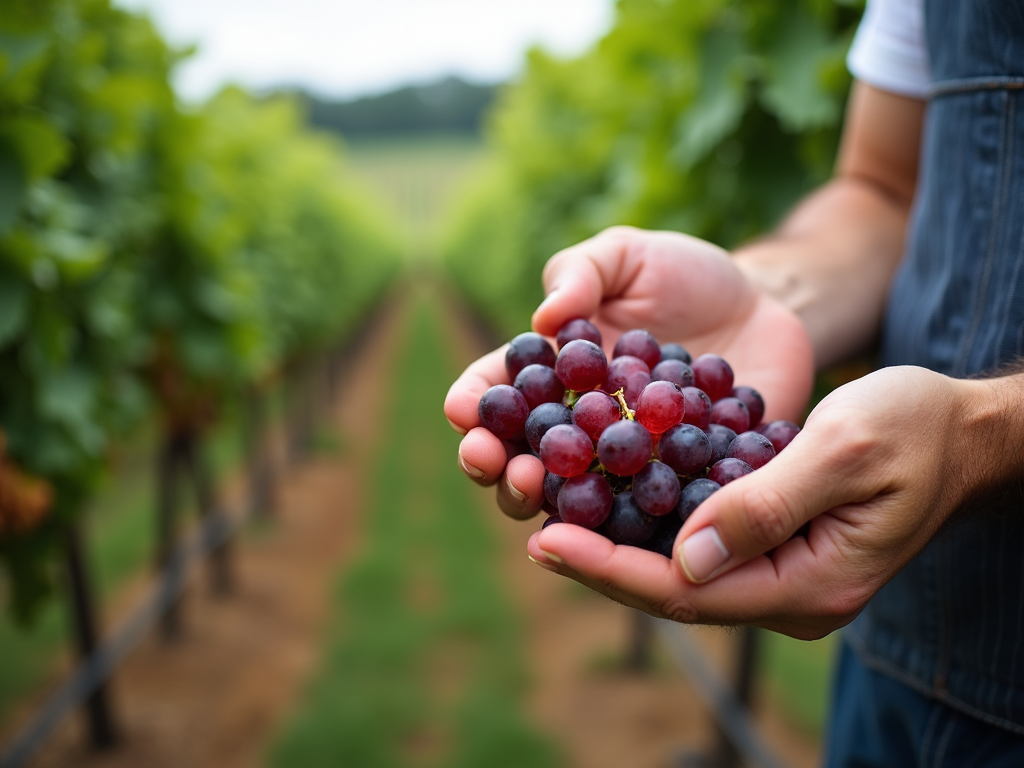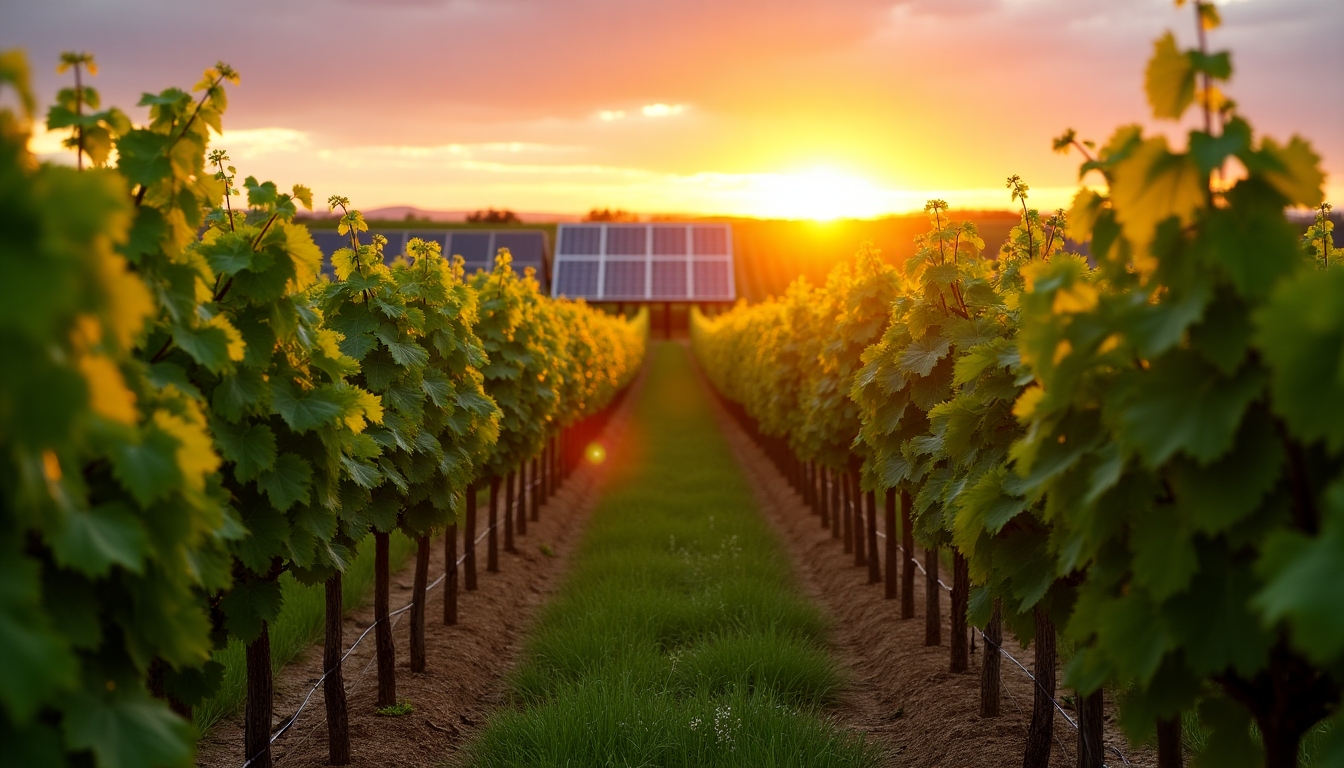What Is Terroir and Why It Matters - Wine Spectator
Terroir is the magic behind every great wine. It’s the land, the weather, and the care that make each bottle special. In this article, we’ll uncover What Is Terroir and Why It Matters - Wine Spectator, dive into sustainable winemaking, and see how Jackson Family Wines honors the earth.

What Is Terroir?
Terroir is a French word that means 'a sense of place.' In wine, it’s the mix of soil, climate, and geography that gives each bottle its unique taste. Imagine two vineyards growing the same grape, like Pinot Noir. One’s on a windy hill with rocky soil; the other’s in a sunny valley with clay. The wines will taste different because of terroir.
I’ve walked through vineyards and seen this firsthand. The air feels different, the dirt crumbles in your hand differently—it all matters. Terroir isn’t just science; it’s the story of the land in your glass.
Why Terroir Makes Wine Special
Terroir shapes wine like an artist shapes clay. Soil affects how grapes grow—sandy soils might make light, fruity wines, while clay can create bold, rich ones. Climate plays a role too. Cooler areas often produce crisp wines with bright flavors, while warmer spots make them fuller and softer.
This is why a Cabernet Sauvignon from Bordeaux tastes different from one in California. The land leaves its mark. According to Cornell University’s viticulture research, soil and climate can change a wine’s flavor compounds by up to 30%. That’s terroir at work.

Jackson Family Wines: Organic Vineyard Secrets
Jackson Family Wines knows terroir is precious. They’ve built their reputation on organic vineyards, letting the land shine through their wines. Instead of chemicals, they use natural methods to keep their soil healthy.
One trick I love is their use of cover crops—plants like clover grown between vines. These stop erosion, feed the soil, and attract helpful bugs. It’s simple but brilliant. Their sustainable approach proves you don’t need shortcuts to make great wine—just respect for the earth.
Understanding Terroir: The Connection Between Land and Wine
Terroir ties the land and wine together. Every detail counts—the slope of a hill, the morning fog, even the tiny microbes in the dirt. Winemakers study these things to bring out the best in their grapes.
I once visited a vineyard where the owner showed me how a shady spot made his grapes ripen slower, adding a fresh, zesty taste to the wine. That’s Understanding Terroir: The Connection Between Land and Wine—it’s about listening to what the land wants to say.

How Terroir Affects Quality
Terroir isn’t just about taste—it’s about quality too. Grapes grown in the right conditions need less tweaking in the winery. A rocky soil might stress vines just enough to concentrate their flavors, while good drainage keeps them healthy.
The University of California, Davis found that terroir-driven vineyards often produce grapes with balanced sugars and acids naturally. This means better wine without extra fuss. It’s nature doing the heavy lifting.
Sustainability in Winemaking Explained
Sustainability protects terroir for the long haul. Sustainability in Winemaking Explained is about keeping the land alive and thriving. Jackson Family Wines does this with organic practices, but they go further—using solar power and saving water with drip irrigation.
Why does this matter? Healthy land makes better wine, year after year. The Wine Institute says sustainable vineyards can cut water use by 25% while boosting soil health. It’s a win for the planet and your palate.

Personal Reflections on Terroir
I’ll never forget tasting two wines side by side—one from a coastal vineyard, one from a mountain slope. The coastal one was crisp and salty, like the ocean nearby. The mountain wine was earthy and strong, like the rugged land it came from. That’s when I got it: terroir isn’t abstract—it’s real, and you can taste it.
Winemakers who embrace terroir, like Jackson Family Wines, don’t just make wine—they capture a place. It’s why their organic vineyards matter so much.
The Future of Terroir
Terroir faces challenges—climate change, over-farming, pollution—but it’s not doomed. Sustainable practices can save it. Jackson Family Wines and others show how to adapt without losing what makes wine special.
Imagine a world where every sip still tells a story of the land. That’s worth fighting for. The International Wine Center predicts sustainable winemaking will grow 15% by 2030, keeping terroir alive and well.
Wrapping Up
Terroir is the heart of wine—it’s what makes every bottle a little different, a little magical. From the soil to the sun, it’s the land speaking through the grapes. Jackson Family Wines and their organic vineyards show how sustainability keeps this alive. Next time you pour a glass, think about the place it came from—that’s terroir.